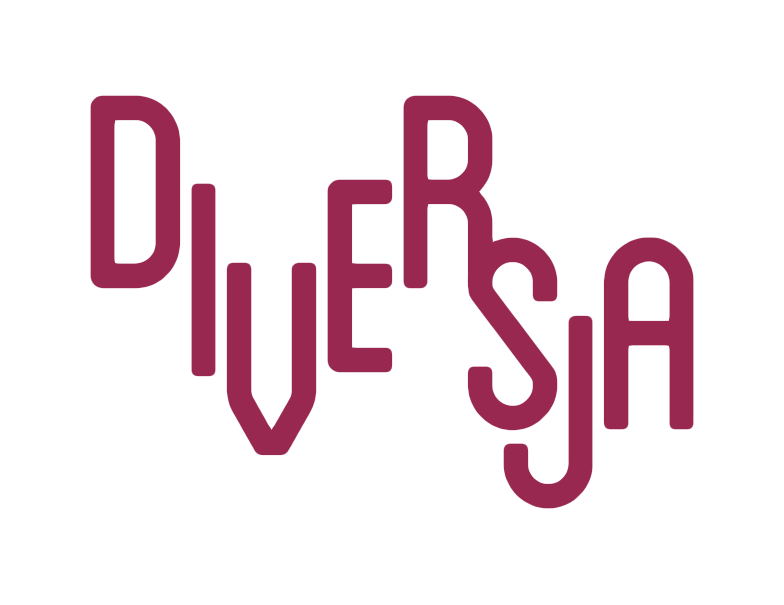Living Library Online
In the first week of November 2021, five groups of participants, each representing a different country, gathered in Krzyżowa, a small village in Poland. The countries (and organisations) involved in this project were: Poland (Diversja), Italy (HRYO), Czech Republic (Brno For You, Z.S.), Belgium (La Concertation ASBL) and the Netherlands (JUB). They came together to participate in a training course "Human/Living Library online" supported by the Erasmus+ Programme and hosted by Diversja, a Polish NGO that focuses on educational activities regarding Human Rights and coordinates the network of over 50 Living Libraries in Poland.
Since the project has been written and mostly implemented during COVID-19 pandemic, it was specifically focused on the digital implementations of the Living Library and other interactive activities online. The main aim of the project was to empower participants in developing competencies related to promoting respect for diversity by learning about and using mentioned online methods.
The training offered a place to discuss these different ways and learn from each other to be able to improve the Living Library in participants' countries by implementing new ideas and strategies. The training also gave the opportunity for the participants to form diverse groups and develop digital tools that have educational value in the field of Human Rights. Some of them were tested and implemented from December 2021 to April 2022, as local actions for communities in mentioned countries.
The idea of the project has been developed during the lockdown due to the COVID-19 pandemic and originated from the need for more (and new) online tools for Human Rights education. The training course in November 2021 was therefore mainly focused on the online aspect of the Living Library and online activities. Luckily, during the project implementation, the restrictions regarding the pandemic were lifted, which gave room to some of the local activities and the evaluation seminar in April 2022 in the Netherlands to also focus on the offline activities.
The group created a guide on both digital and non-digital tools for Human Rights Education that were implemented and tested. You can download the guide.

